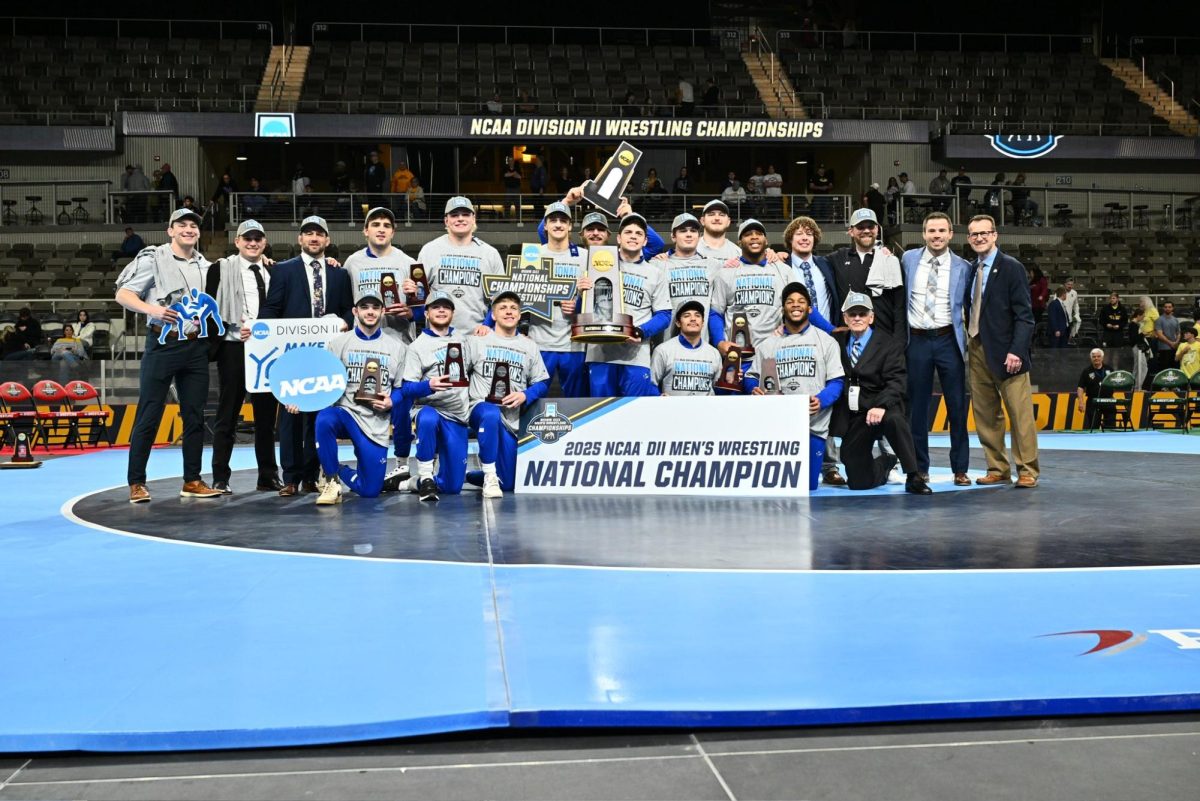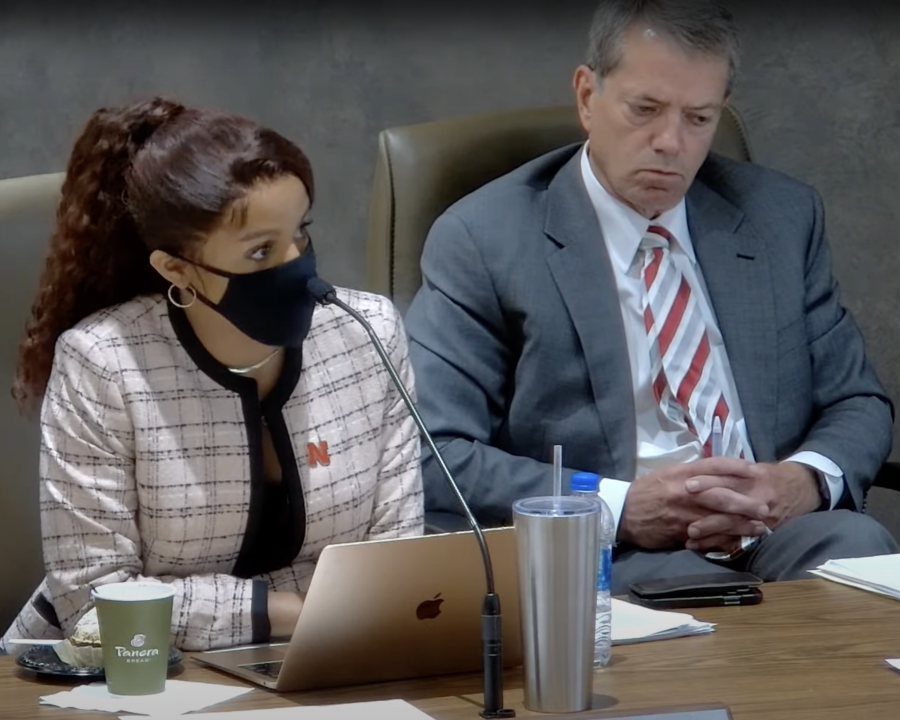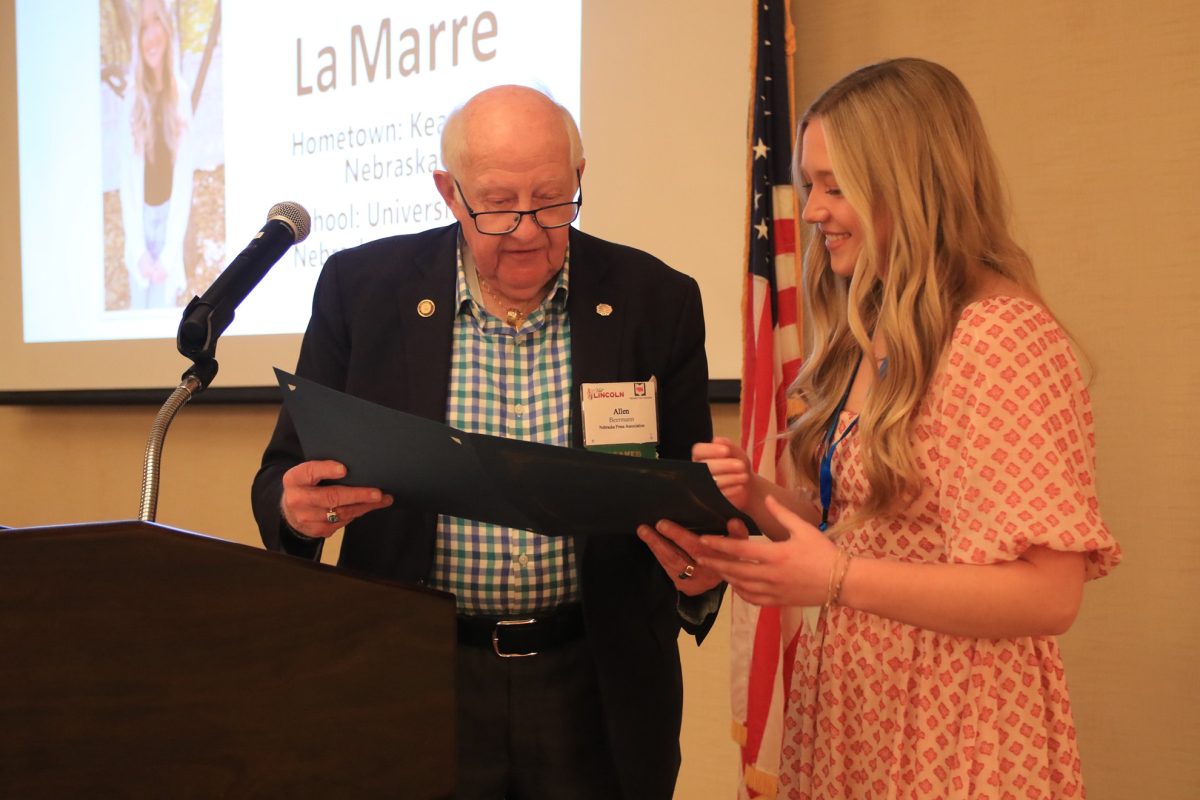The Board of Regents met in Lincoln last week for typically dry deliberations on university business. But following a provactive move by NU Regent Jim Pillen of Columbus to introduce a resolution that would have the Board of Regents “oppose Critical Race Theory being imposed in curriculum, training and programming,” students and faculty from all three undergraduate NU schools descended on Varner Hall for a grueling two hours of public comment and debate.
Despite right-wing outrage decrying “CRT” as anti-American indoctrination, the brass tacks of the theory are actually much harder to pin down. A cursory encyclopedia read can yield a sample of its complexity: CRT is a body of legal scholarship that analyzes societal systems to view how policy has affected and disadvantaged groups of people based on the color of those people’s skin while contending that race, rather than a biological feature, is a social construct used to oppress and exploit people of color.
If that explanation seemed long, it’s because the theory is in all actuality much more fleshed out than say, Pillen’s campaign platform, which — outside of its stated opposition to CRT — inherits what little substance it has from a scattered handful of items from the state GOP platform and tired, dogmatic FOX News commentary.
Regardless of your stance on this non-issue issue, it’s safe to say the resolution provided a solution in search of a problem. No NU school currently requires students to study CRT, which presents analyses and technical language that are typically taught at the graduate level.
Technical language might have helped Regent Pillen avoid the idiocratic phrasing put forth in his resolution that suggests a lack of understanding in the fields of history, law and basic English. The resolution was almost certainly overly broad and could have created a situation where the university’s duty to foster basic social studies skills could have been jeopardized.
Discussion hinged on the word “impose,” though critics failed to point out that the vagueness of the word not only provided a threat to the honored tradition of academic freedom, but also gave Regent Pillen a shield to maintain a shred of plausible deniability after deliberately hijacking a tax-and-tuition funded public forum for his campaign for governor.
While NU Regents are not compensated for elected duties, the value in media exposure alone Pillen was able to extract by exploiting his office to advance his political career is reprehensible.
The resolution prompted two hours of discussion that shouldn’t have even been necessary and only really served the political fantasies of an ego still inflated by his quick feet and lucky positioning in a key moment of an Osborne era faceoff against the No. 1 ranked Sooners that allowed him to get his 15 minutes of fame for a fumble recovery that he’s still riding to this day.
While the former Cornhusker defensive back loves to claim appeals to “Nebraskan values” — which he doesn’t define — there seems to be a disconnect between the values Nebraskan students have and the ones he thinks we have. Across four student governments, just a single student voted not to oppose Regent resolution; three student body governments voted unanimously in opposition. More, UNK’s regent and public commenters made salient points that helped sway at least one vote.
An apt politician would reconsider following that test result. But as a humble pig farmer and veternarian, Pillen instead doubled down and said he’ll continue to fight CRT in higher education. Oh please.
Regent Pillen is right when he claims he doesn’t have a political bone in his body. If he did, he would have the spine to stand up to critics like rival candidate Charles Herbster and show some integrity by keeping his personal political interests out of Varner Hall.

































